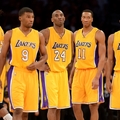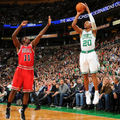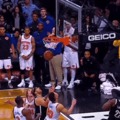Villains are super important in movies and series since the audience desperately needs someone whose ambition goes against an established system, a beloved person, or an innocent victim. This way villains produce hatred and make the good person a hero who protects traditional human virtues and yes, this is where all superhero or standard action movies start from. However, in some cases the audience is still gravitating towards these bad guys instead of celebrating heros, and the judgment of evil characters is not always so clear and simple, right? Sometimes, villains, like the Joker from Batman movies (The Dark Knight) or Professor Moriarty from the Sherlock Holmes stories (Sherlock: The Final Problem), can be really appealing for us and we tend to like them, what’s more, cheer for them because of some psychological and practical reasons.
First of all, these characters are special in the sense that they can play two seemingly opposite roles and fulfill two contradictory human wishes. They are the hero and antihero at the same time; they can entertain and shock the audience with their actions. Although, at first glance they seem clearly one-dimensional stock characters (bad guy who does bad things in order to reach some evil goal), they still captivate the audience with their superficial intelligence, energy, humour, and confidence. No surprise, we all like these features not only in fictions, but also in everyday life. Additionally, as I’m going to try to show you below with all sorts of tangled examples, these villains satisfy a relatively suppressed human wish, namely the freedom of action which is a huge part of their popularity among the audience.
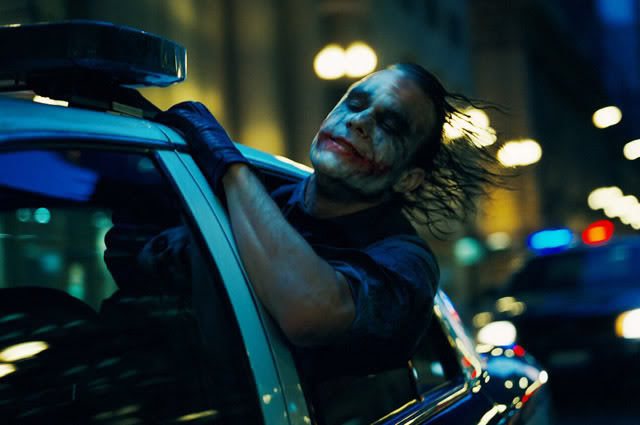
The role of the villain requires a great deal of self-awareness, ambition, and motivations so it is inevitably played by an extremely complex character (complexity is always exciting). This role is often associated with the shadow archetype which is considered to be the dark and unconscious side of the hero of a narrative, which aspect also strengthens the link between hero and anti-hero and gives another layer to their character.
The Second world of the Carnival where traditional norms are suspended
Before we would dive deep into the character study of villains, let me summarize what we know about this cool world, called Second World, originated from the Renaissance time and the Carnival festivities, and how it is connected to postmodern characters from movies and TV series.
The main focus of the carnival is on the liberation from every hierarchical structure and socially established order which means that everyday life with its ranks and regulations is suspended, and people are free to speak and live with each other in equality.
Basically, the carnival spirit is based on this universal equality in which traditional norms and relations are forgotten for a while. For an outsider, the temporal world of the carnival – the second world – can seem to be really chaotic and unstructured, but it’s important that it always reflects on the structures and patterns of the real world.
In this environment not only conventional norms lose their meaning, but also the people who originally have higher hierarchical ranks. Still, the carnival needs a “main” guy that can take over a symbolic role in the feast, make people laugh, and in this way stand out from equality. This figure is the clown, which role occasionally can be played by the Trickster who “has been a source of amusement right down to civilized times, where he can still be recognized in the carnival figures of Pulcinella and the clown” according to the Jungian archetypes.
In this aspect we can see how these contemporary characters fulfill this ritualistic role in the respective narratives.
The "Napoleon" and the "Clown Prince" of Crime
My previous examples, Professor Moriarty and the Joker are rather complex characters. We may understand and interpret their character and their actions this way or that way, each of them has its own right. It’s for sure that they successfully play the role of villain in the series/movies by creating tension and the flow of the plot, but they are a lot more than that.
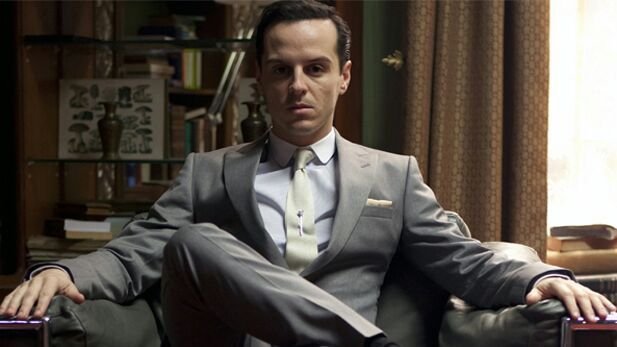
Sherlock's arch-enemy, Moriarty cheats, manipulates others, kills innocents, and oversees his terrorist network and the criminal underworld as a hobby. Many times, Moriarty’s clear goals, seemingly based on ambition and careful planning, are only the products of his personality and he functions as a Trickster whose role is determined during the "feast" by the ritual of crowning and uncrowning (There is an important ritual, called crowning of the clown, during which the people elect the clown for a king, but strictly only for the time of the feast. Basically, this metaphore goes through the whole episode).
The Joker's case is also simple. He is a (super) evil clown who needs to amuse the crowd, satisfy their unconscious wishes, but at the same time he has to be defeated and mocked by them (or at least by Batman) in the end. We love his joking and pranks on people, even if innocent people die because of them, but when we wake up and realize that he went too far and harmed not a single person or a group of people, but a whole town, we need it to be over.
[
The divine nature of the Trickster is also one of his key traits. In a certain sense, he is clearly above others, but in many aspects he can never reach a human level because of his unconsciousness. Both Moriarty and the Joker are a lot smarter than others; virtually they act on the streets and in the criminal underworld as if they would play in their own playground, but they lack the ability to change which causes them to fall (literally) and fail in the end. There are other corrupt characters in the stories who belong to their crew for a shorter or longer period (they always have a bunch of misfits), but they are alienated even from them. They are alone from the beginning of the story but that does not even bother them, however, in this way their fate is truly determined.
The ritualistic role and function of the Trickster character, not only during the time of the carnival, but also when it’s over, is to break the traditional rules and tumble the conventionally settled order by his behavior. This way they quest for chaos, or at least for unrest which is essential for the process of building the second world of the feast or the narrative.
The trickster is free to act in every sense, he does not need to accommodate himself to everyday situations, does not have to deal with ordinary problems, ethical, religious, or social norms.
If you think about it, that sounds pretty good, right?
With his freedom, he satisfies not only his own desires, but also fulfills the unconscious wishes of the people who created him and elevated him on a high level in the Carnival. The Joker has always been an anarchist and looking for unrest, killing anyone without any reason so that’s simple. In the BBC series, Sherlock, Moriarty gives orders to murder anyone, place bombs on buildings seemingly only for one reason: to "play" with Sherlock and challenge his proud ego and mind. Moreover, as they also express several times during the series or the film, killing their nemesis, the hero is simply out of question. Being the "shadow" side of the hero, they need this game to be continued as this is the only thing that keeps them motivated so the audience may wonder... is there any bigger chaos and anarchy than that?

